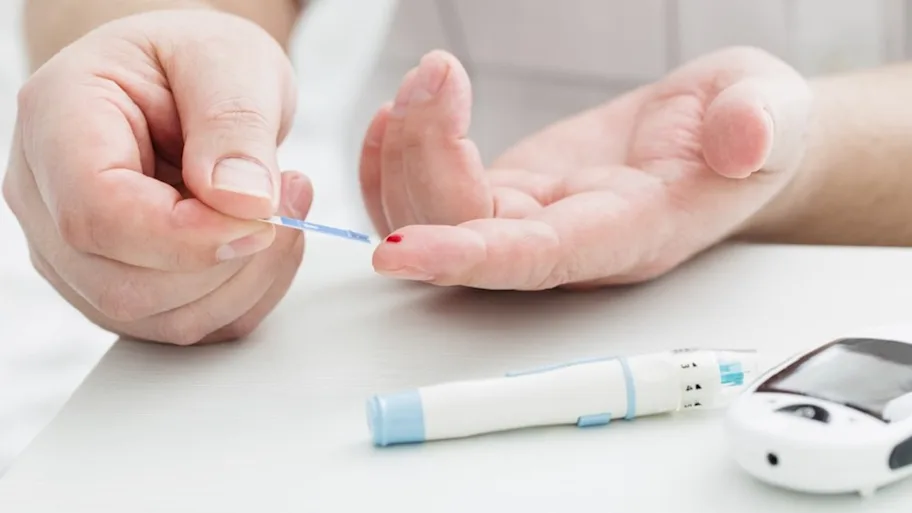
- Science News
- Featured news
- Gut’s immune response in Covid-19 may not provide efficient protection of other organs
Gut’s immune response in Covid-19 may not provide efficient protection of other organs
By Tania Fitzgeorge-Balfour, science writer

Credit: UGREEN 3S / Shutterstock
Covid-19 can enter the body via the lungs and gut, and a new study suggests the gut’s immune response alone may not provide adequate whole-body immunity from the virus. Blood samples analyzed from Covid-19 patients revealed that immune cells triggered by the gut’s response to infection were limited in number when compared to immune cells triggered elsewhere in the body. While more research is needed, these findings could have implications for planned oral Covid-19 vaccines.
Our guts may not provide long-lasting systemic immunity from Covid-19, which is where immune cells circulate through the body to provide protection to other organs, finds a new study published in Frontiers in Immunology. An analysis of blood samples from patients infected with SARS-CoV-2 revealed that immune cells circulating in the blood, which were triggered by the gut’s response to infection, were limited in number when compared to immune cells that had been triggered elsewhere in the body.
“Although the gut is considered an important portal of entry for the virus, the immune response in the blood of Covid-19 patients is dominated by lymphocytes – cells that protect the body from infection – that have been triggered by other areas of the body,” says Dr Sebastian Zundler, author of this study and research group leader at the Department of Medicine 1, University Hospital Erlangen, Germany. “Further work is needed, but these findings may have implications for oral Covid-19 vaccines.”
Download original article (pdf)
Gut response
Covid-19 infection can enter the body via the lungs or the gut, hence the advice for social distancing and frequent handwashing. Zundler’s team were keen to understand the role of the gut in providing systemic immunity to this virus.
“My lab is usually interested in immune responses linked to inflammatory bowel disease – an immune-mediated disorder. Since SARS-CoV-2 infection can occur via the intestine, we decided to transfer our knowledge to study this virus,” says Zundler.
The team used a technique called flow cytometry to detect and measure the different types of immune cells that were found in the blood samples of patients currently with Covid-19, patients recovered from Covdi-19 and those free of the virus.
“There is a special mechanism in the lymphoid tissue of the gut that triggers the production of an imprint marker called ‘a4b7 integrin’. This marker causes T cells to head towards the gut to fight infection. We can use this marker to identify whether there are lymphocytes circulating in the blood that were triggered by the gut’s immune response,” explains Dr Tanja Müller, lead author of this study, also based at the University Hospital Erlangen.
She continues: “We found relatively few immune cells with this marker in the blood of patients with Covid-19. This could be because of the ‘dilution’ by cells generated at other sites of infection – most probably the lung – or alternatively by the selective attraction of these gut-imprinted immune cells to organs other than the gut, since there was no difference between patients with and without symptoms that suggested an intestinal element to their infection.”
Implications for an oral vaccine
The researchers speculate that if the gut-imprinted immune cells are diluted in comparison to immune cells triggered by other parts of the body, there could be implications for the oral-based Covid-19 vaccines currently under development.
“If there are relatively few gut-imprinted immune cells, exposing the intestinal immune system with a SARS-CoV-2 vaccination might not result in substantial circulating immunity and therefore the cross-protection of other organs against the virus,” says Müller.
Zundler stresses that further research is needed to understand the significance of their findings.
“Our study adds to our understanding of the human immune response to SARS-CoV-2 infection, but we cannot yet finally answer the question about the fate of the gut-imprinted immune cells – whether they are “diluted” or “attracted” elsewhere. Assessing biopsy samples from the gut and autopsy samples from the lungs will help us to answer this important question.”
REPUBLISHING GUIDELINES: Open access and sharing research is part of Frontiers’ mission. Unless otherwise noted, you can republish articles posted in the Frontiers news blog — as long as you include a link back to the original research. Selling the articles is not allowed.







